Meatballs and burgers have tested positive for the veterinary drug phenylbutazone in tests conducted by Portuguese consumer protection association Deco.
Deco said on Thursday (7 March) it had detected trace levels of the drug, which is not allowed in the food chain, in meatballs and burgers sold in Portugal by French retailer Auchan under its Auchan and Polegar own-label brands. The products had already been withdrawn from sale.
Earlier this week, Deco announced it had found traces of horse DNA in Auchan and Polegar meatballs and hamburgers, as well as in lasagne sold by Spanish chain El Corte Ingles.
“The horsemeat controversy seems to be not only a labelling problem but also indicates a food safety problem” - Deco
Deco stressed there was no immediate risk to human health as its tests had revealed only “micrograms” of the drug, but said its discovery nevertheless raised concerns. “The horsemeat controversy seems to be not only a labelling problem but also indicates a food safety problem,” it said on a statement on its website.
Deco added it would alert other European countries to its test results through the EU’s Rapid Alert System. It also called on the Portuguese government to step up its testing regime on food products.
Deco’s discovery comes after Swiss authorities said last week they had found bute in horsemeat imported from Canada.
In February, the UK’s Food Standards Agency said six carcases that had tested positive for bute had been exported to France. The French government later confirmed that three of these had probably entered the French food chain.
New EFSA study on bute
The European Food Safety Authority (EFSA) said on Thursday it had been asked by the European Commission to carry out a risk assessment on bute together with the European Medicines Agency (EMA) in light of the current horsemeat scandal. It will publish its findings on 15 April.
In their work, EFSA and EMA would consider “both the risk posed from consumption of horsemeat itself as well as that arising from other products illegally contaminated with horsemeat,” EFSA said. They would also advise the EC on whether “additional control options” were needed to minimise any potential risks posed by bute to consumers, it added.
Phenylbutazone is a commonly used to treat horses but can, in rare instances, pose a risk to human health and is therefore not allowed in the human food chain. EFSA said any discovery of bute in meat products “therefore results from the illegal use of carcases of treated horses”.







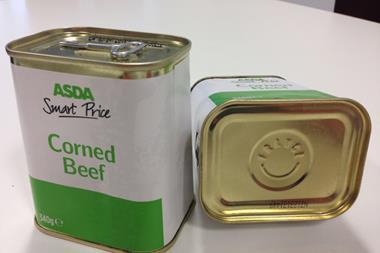

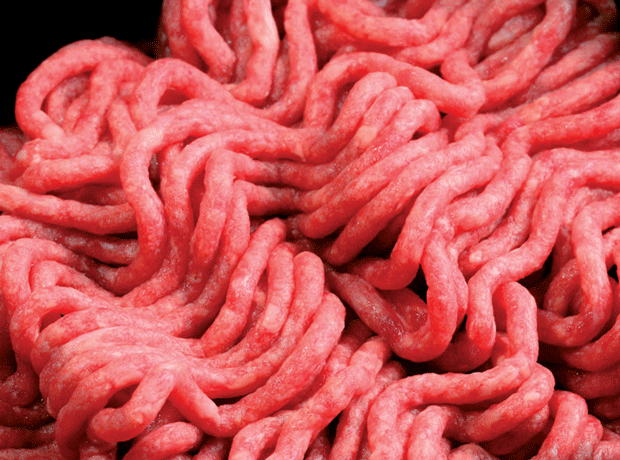
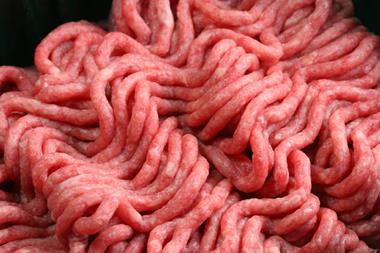
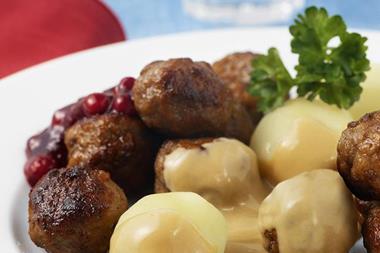
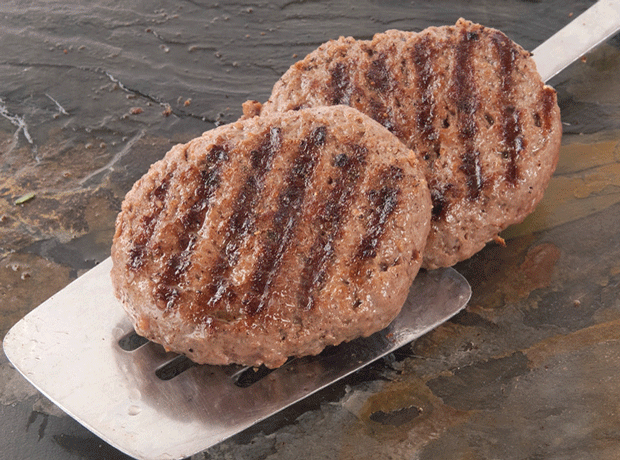






No comments yet